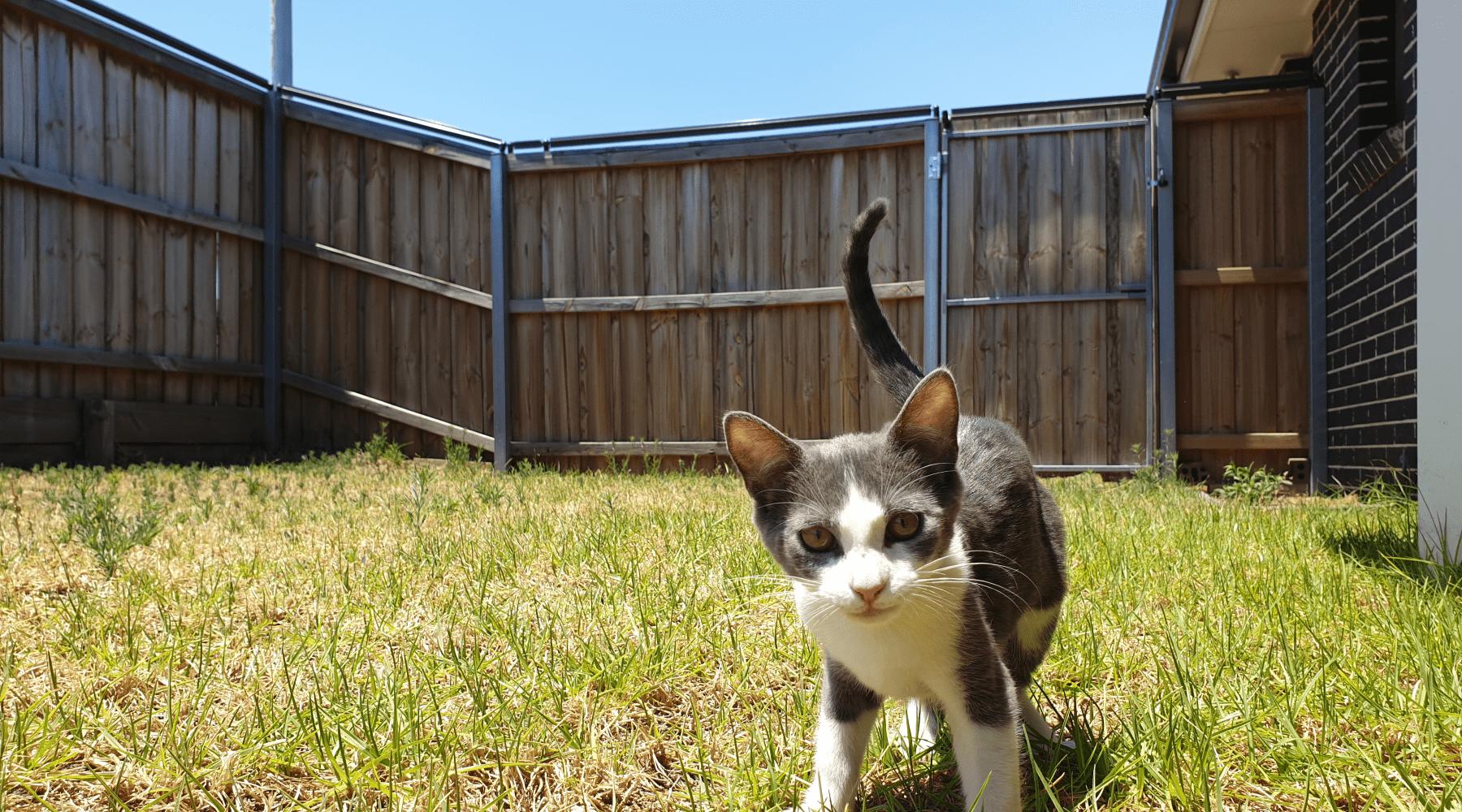
2 minute read
Rangers
Am I being a nuisance?
Alice Springs is an ‘animal restriction area’ and as such, Council’s Animal Management By-laws 2008 require domestic cats to be registered and under the effective control of their owners, so as not to cause nuisance to native wildlife, neighbours, or the general public.
Advertisement
Uncontrolled cats are a serious problem in our fragile environment and demands for adequate cat controls are increasing. Some common complaints received by Council’s Rangers include: • Trespassing • Fighting with other cats • Stirring up neighbourhood dogs • Digging, defecating and urinating on neighbours’ buildings and cars • Preying on native fauna Cat owners are advised they need to be aware of the risks – to pets, property and other wildlife – if cats are allowed to wander. Cats can also spread diseases, such as toxoplasmosis, that is spread through cat faeces or saliva. It puts children at risk of illness, especially if a cat has used a play area or sandpit as a litterbox. Feline aids is another disease that wandering cats may pick up and communicate, and can be fatal. Indoor cats are less at risk of catching and communicating these diseases, benefitting the whole community. The trend in local government authorities around the country is moving towards greater responsibility of pet owners to prevent the decimation of Australia’s native wildlife by domestic and feral cat populations. Council encourages cat owners to keep domestic cats safely indoors, at least overnight. There are numerous benefits to keeping your cat indoors, particularly in Alice Springs where there are greater extremes of temperature and many more native predators. Indoor cats are: • Less likely to be hit by cars or injured by another animal (reducing vet visits) • Less likely to fall prey to a dingo, wild dog, eagle, snake, or human predator • Less likely to transmit or be infected by transmissible feline diseases • Less like to cause disputes with neighbours • Less likely to hunt native wildlife, including protected species • Less likely to contract ticks, fleas, or worms from other animals If not strictly indoor cats, there are ways to confine your cat to the property, including: building a cat enclosure; cat mesh; fixing deterrents along the top of fences, such as the Oscillot Cat Containment System (shown above) or PVC piping; or, a Sureguard electronic system. Find more information for pet owners on Council’s website, here...









